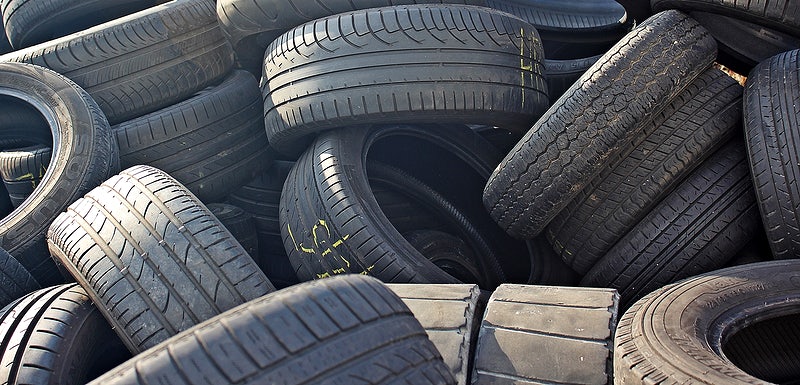Malaysia’s tyre recycling sector remains unregulated despite a white paper from 2012 proposing an EPR scheme to clamp down on illegal tyre recycling operations.
The most highly publicised incident was the contamination of Sig Kim Kim where pyrolysis char was dumped into the watercourse.
There have been various incidents since, some involving fraud, some open burning of tyres – burning waste is apparently commonplace even in domestic premises in parts of Malaysia.
However, the latest to hit the newspapers took place in Jalan Kluang, where an operator had collected tyres for his illegal pyrolysis plant. In an attempt to delay or set aside charges, he called the authorities and assumed the title Datuk (a Malaysian knighthood, or similar) and tried to use the influence of the title to persuade the authorities to step aside.
According to Johor’s Deputy Director of the Department of Environment (DOE), Mohd Rashdan Topa, the authorities insisted that the 70-year-old man be arrested while his premises were confiscated after he was found to be operating illegally.
He said, his officers seized 300 tons of used tyres that were piled up in a palm oil plantation with an area of about 0.8 hectares and it was the biggest seizure for such a case this year.
“The result of the investigation found that the operator obtained a supply of used tyres from all over the state of Johor. “
The tyres were burnt [sic] before the wire was taken apart from the resulting oil which was resold at RM1 per litre.
“The businessman claimed that he helped dispose of used tyres but the fact is that his actions have violated the law according to Section 34A of the Environmental Quality Act 1974,” Said Rashdan Topa.
He added that preliminary investigation found that the man was the same suspect who had been arrested for the same offense before in Paloh. “The businessman was also found to employ four illegal immigrants (PATI) from Bangladesh, two Pakistanis, one Indian and one local. “
“We will report other offences committed by the operator to relevant agencies and departments, including the Immigration Department, the Kluang Land Office, the Kluang Municipal Council, the Ministry of Health and the police,” he said.
Source: New Straits Times


















